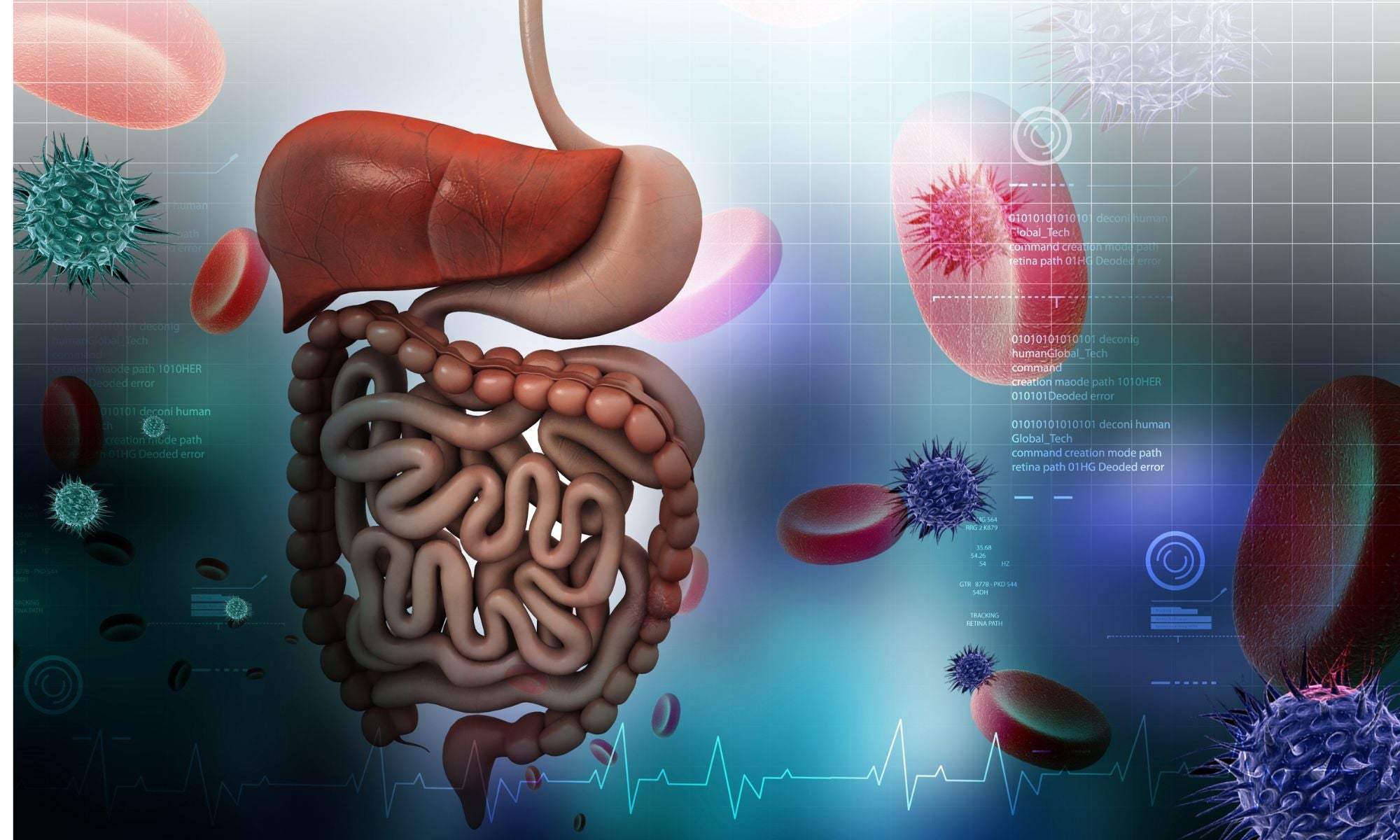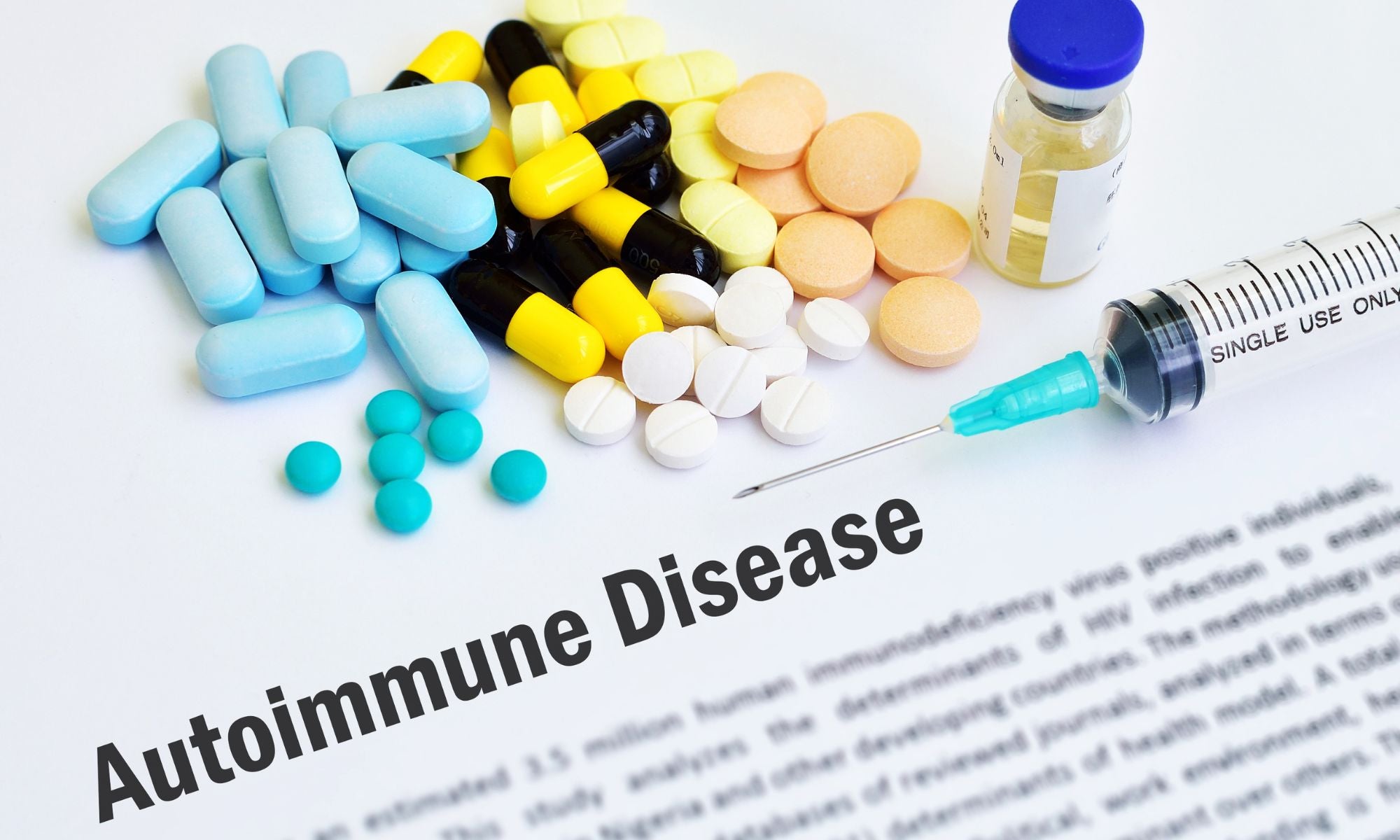
Vitamin D and its Impact on Gut Health
Introduction
Vitamin D is a hormone that's produced when ultraviolet rays from the sun hit your skin. It has also been linked to a lower risk of heart disease, certain cancers, and bone health. But did you know that vitamin D is essential for healthy gut function? There is growing evidence that vitamin D regulates the balance of gut bacteria, and supplements may help manage digestive issues such as IBD and colitis.
Vitamin D and the gut microbiome
Vitamin D is known to play a significant role in gut health. A study published found that vitamin D deficiency was associated with an altered composition of the microbiome and increased risk of inflammatory bowel disease (IBD).
Another study showed that people with IBD were more likely to be deficient in vitamin D than those without IBD. And yet another one found that vitamin D supplementation improved symptoms among patients with Crohn's disease who were previously treated with steroids or infliximab but not among those who had never been treated with these medications.

How much vitamin D should you get?
Vitamin D is a fat-soluble vitamin you need from your diet or supplements. Strong bones and teeth require calcium and phosphorus, which are absorbed by the body.
Vitamin D is not stored in the body, so it's important to get enough daily. How much you need depends on age, gender, weight and season:
- Infants up to 1-year-old need 200 IU (international units).
- Children 1-18 years old require 600 IU daily throughout the year except during summer, when they should increase their intake by five mcg/day (micrograms per day) until autumn returns.
- Adults 19 - 70 years old should consume 600-800 IU daily
- Seniors over 70 should take 800 IU daily.
- Pregnant women should consume 600 IU per day, while breastfeeding mothers may require 1000 IU per day depending on their deficiency levels before pregnancy begins.
Vitamin D sources
Vitamin D is an important vitamin your body needs for many things, including strong bones. But where can you get it?
Vitamin D can be found in the following sources:
- Sunlight: Sunlight is one of the best sources of vitamin D because it stimulates your skin to produce more vitamin D-3. The sun also helps your body absorb calcium better. Just be careful not to overdo it—too much sun can increase your risk of skin cancer.
- Foods: Some foods contain small amounts of vitamin D, including fatty fish such as salmon and mackerel, eggs, and mushrooms. Fortified milk only has about 100 IU per 8-ounce serving, so if you're looking for a reliable source of vitamin D, stick with food.
- Supplements: If you don't get enough sunlight or eat enough Vitamin D-rich foods (or both), a supplement may be a smart way to fill in any gaps in your diet. Ask your doctor or pharmacist about how much you should take each day based on your diet and lifestyle, and then talk about possible side effects before starting!
Vitamin D is known to play a significant role in gut health.
Vitamin D is known to play a significant role in gut health. A study found that vitamin D deficiency may be a risk factor for inflammatory bowel disease (IBD). The researchers noted that patients with IBD tend to have lower levels of vitamin D than those without IBD, and they also found that people with Crohn's disease were more likely to have a vitamin D deficiency.
The study's authors concluded that "vitamin D supplementation may be warranted" in patients with IBD, particularly those who are deficient. This is important because vitamin D deficiency has been linked to an increased risk of colorectal cancer and other cancers, osteoporosis, high blood pressure and heart disease.
In addition to being associated with better bone health, adequate vitamin D levels can protect against type 2 diabetes by helping to regulate insulin production in your pancreas. Obesity and heart disease can be caused by too much or too little insulin.
Conclusion
We hope this article has helped you understand how vitamin D impacts your gut health. It's easy to get more of this nutrient and improve the health of your microbiome--just spend some time outside each day and eat foods rich in vitamin D!












